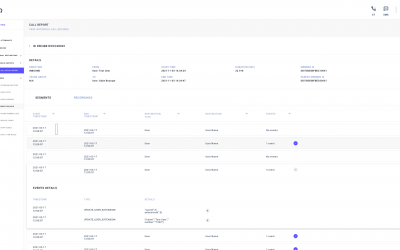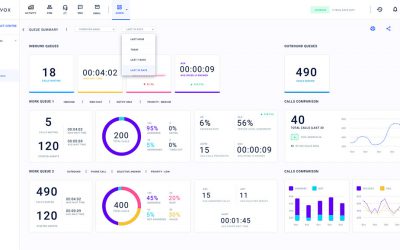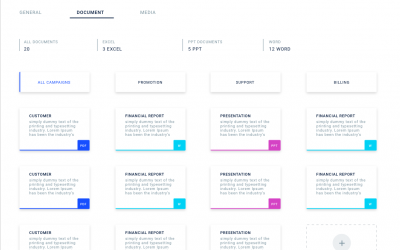The shift to remote work and hybrid business models has drastically changed how businesses function. To address these evolving needs, evolving software for remote work is playing a crucial role, allowing companies to adapt seamlessly. These solutions are specifically designed to support remote teams, improve collaboration, and maintain high levels of productivity, no matter where employees are located.
1. Rise of Cloud-Based Platforms
Cloud-based solutions have quickly become the backbone of remote and hybrid business models. With employees distributed across various locations, the need for seamless access to data and tools from anywhere is paramount. In particular, cloud platforms enable secure storage, easy collaboration, and on-demand scaling, allowing companies to meet fluctuating workloads. Moreover, as these platforms evolve, they continue to integrate more automation and AI-powered features, further streamlining business processes.
2. Emphasis on Cybersecurity
As remote work expands, so do the risks. Therefore, cybersecurity has become a top priority for organizations embracing hybrid models. Evolving software solutions are now embedding more advanced security protocols, including end-to-end encryption, multi-factor authentication, and real-time threat detection. Consequently, these tools help mitigate the risks associated with accessing company networks and data remotely, ensuring business continuity without compromising security.
3. Enhanced Collaboration Tools
Collaboration is crucial for remote teams, and software providers have responded with feature-rich solutions designed to mimic in-office interactions. For example, tools like virtual meeting software, real-time document editing, and project management platforms have become essential. Additionally, as these tools evolve, they are increasingly incorporating AI to improve user experiences through features like automated task assignments, smart meeting summaries, and predictive analytics that enhance decision-making processes.
4. Flexibility and Customization
Hybrid business models require flexibility, and modern software solutions are stepping up by offering customizable platforms that can be tailored to specific needs. Whether it’s CRM tools, employee management systems, or communication platforms, businesses now have the option to modify software to align with their unique workflows. As a result, this trend towards personalization helps companies maintain efficiency while adapting to a hybrid work environment.
5. Seamless Integration Capabilities
The modern workforce requires multiple software tools to function effectively. In response, the latest software solutions are prioritizing integration. By ensuring compatibility across various platforms—such as HR, CRM, and finance—these tools reduce silos and enhance workflow continuity. Furthermore, seamless integration also minimizes the need for manual data transfer, saving time and reducing the risk of errors.
6. AI-Driven Analytics and Insights
One of the most significant advancements in software solutions is the integration of AI for analytics and insights. Since remote and hybrid workforces generate a vast amount of data, AI helps businesses make sense of it all. From employee productivity metrics to customer behavior patterns, AI-powered software enables businesses to make data-driven decisions more efficiently. Ultimately, this leads to better outcomes and improved performance.
Conclusion: Evolving Software Solutions Landscape
The evolving software for remote work landscape is a direct response to the increasing demand for remote and hybrid business models. As these models continue to reshape the future of work, companies that adopt advanced, adaptable, and secure software solutions will gain a significant edge in maintaining productivity and staying competitive..
Contact Us
Is your business ready to thrive in a remote or hybrid work environment? Get in touch with our team today to explore how our cutting-edge software solutions can support your needs.



